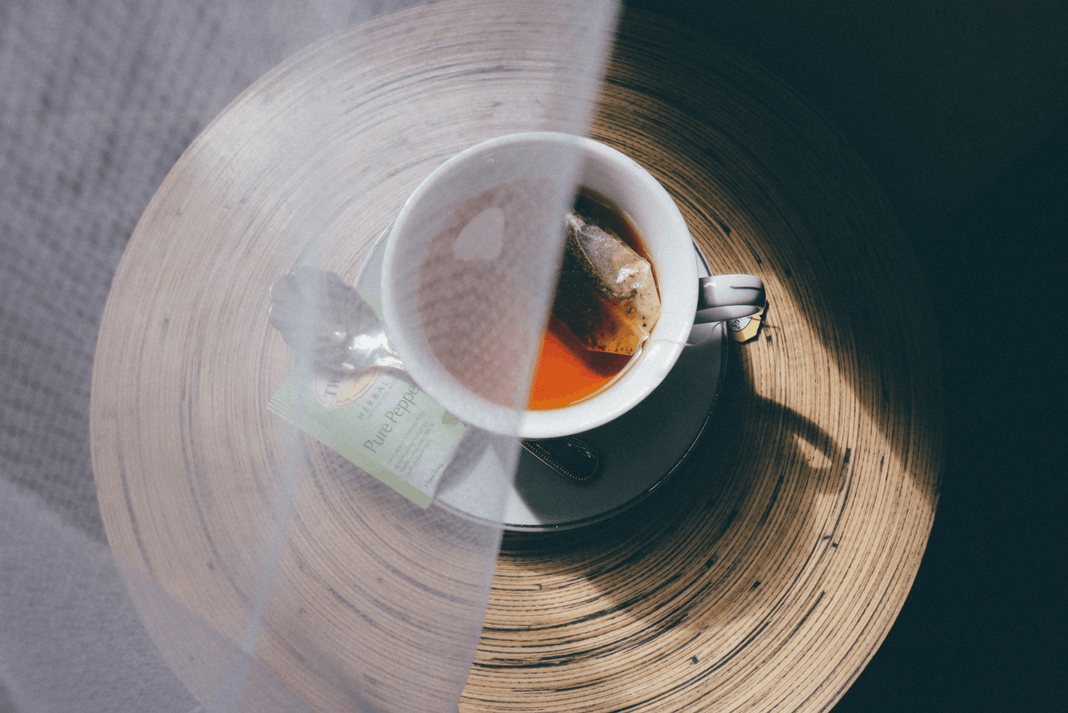Usage of herbal supplements for stress management is appealing for a number of reasons. First, there is the idea that stress is in the mind. While stress can manifest into physical symptoms, we cannot see “stress” under a microscope. Thus, it makes sense to try dealing with stress through natural remedies. Second, prescription mood enhancers come with unwanted side effects. Ironically, these side effects include stress symptoms, like nervousness or restlessness. People also turn to herbal supplements for ethical reasons, such as protesting the use of animals for medical research.
Herbal supplements, however, are not a cure for stress. In addition, long-term usage of herbal supplements for stress management can cause serious side effects. These side-effects include high blood pressure, internal bleeding. and organ damage. Certain supplements also interfere with medications such as birth control and prescription antidepressants. That’s why it’s important to consult your doctor prior to taking any herbal supplement.
Under the right conditions, herbal supplements can be a healthy way to deal with stress. A number of herbs have been shown to provide short-term relief for stress and anxiety. These include:
Valerian Root
Some studies have shown this herb to be effective in the treatment of anxiety and sleep disorders. One study found that it was more effective than diazepam at reducing anxiety when combined with St. John’s wort. However, numerous other studies contradict this finding. Furthermore, high doses may cause blurred vision and irregular heart rhythm. Make sure to take it in low doses, for no more than one month.
St. John’s Wort
St. John’s wort has been used for centuries to treat mental conditions. It is widely prescribed for depression in Europe, but is not approved by the US Food & Drug Administration. St. John’s wort has also been known to increase serotonin levels. High serotonin levels can result in life-threatening symptoms such as diarrhea and drop in body temperature.
Lemon Balm
Lemon balm has been shown to induce feelings of calm in several studies. One study found that 1600 milligrams of lemon balm indicated an increase in calmness for up to 6 hours. This herb appears to be relatively safe. However, some users have experienced side effects such as nausea, stomach pain and dizziness.
Passionflower
Passionflower extract has been used as a flavoring agent in food and beverages. It was taken off the market as an OTC sedative in 1978, but is still available as an herbal remedy. Its effectiveness as an anxiety reducer has been proven in mice, but only one study has been done on humans. While it is safe when taken in food amounts, high doses and long-term use can affect the central nervous system.
It’s essential to understand the pros and cons of any herbal supplement you plan on taking. In some cases, the pros are outweighed by significant cons, even death. Take Kava, for instance, a plant derived from the root of the Kava plant. Many swear by its ability to help them sleep and feel less anxious. However, there are on-going concern about its safety from both the CDC and FDA. Kava has been linked to cases of liver damage and liver failure among Western populations. Because of these safety concerns, Kava cannot be included in the group of safe herbal supplements for stress management.
What is recommended by doctors is to identify the root cause of your stress. Are you in a bad marriage? Have you been working more hours? Are you taking care of elderly parents or relatives? The best solution is to make lifestyle changes that will minimize your stress. If this is not possible, you can try techniques like meditation and deep breathing as ways to cope with stress. Even going to the gym or making simple dietary changes can be effective in alleviating stress symptoms. Best of all, these are proven and safe ways to deal with stress.
Hi, I’m Sophia! Welcome to my blog Try Stress Management (trystressmanagement.com), where I share simple, down-to-earth ways to handle stress and bring more calm into everyday life. Think of me as your friendly guide, offering practical tips, reflections, and little reminders that we’re all figuring this out together.
When I’m not blogging, you’ll usually find me with a good book, sipping tea, or exploring new walking trails. I believe small changes can make a big difference—and that a calmer, happier life is possible for everyone.
